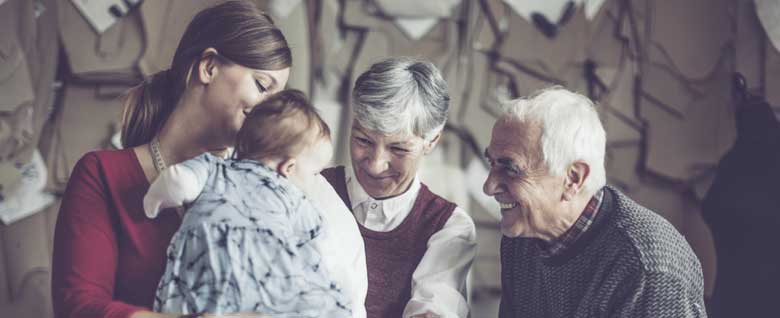A third of all people over the age of 65 fall each year, increasing to half of the people over 80 years old.
In a society where the population of over 65 year olds is expected to increase by 50 percent within the next ten years, these are quite alarming figures. A & E departments treat a large number of accidental injuries among the elderly, particularly as a result of a fall, slip or trip, the greatest proportion of these accidents occurring within the home. There are around 255,000 emergency hospital admissions per year for fall related injuries among people aged over 65. In addition to the strain this puts on the emergency services, falls do also have detrimental effects on the elderly, such as; loss of independence, serious and life changing injury and in severe cases even death.
4,500 people in England over the age of 65 were recorded to have died in 2015 as a result of a fall. But for the vast majority of the elderly who have falls can be left with lasting damage, not only due to their injuries, but they may also suffer psychologically. People who have already suffered from one fall are likely to have increased fear of falling again in the future, this can result in activity avoidance and social isolation. Which in turn could result in an increased risk of future falls.
What can be done to prevent falls among the elderly?
Most serious injuries caused by falls amongst the elderly occur on stairs and steps, accounting for 50% of deaths (due to falls). 22% of deaths due to falls, happen when falling from two levels such as from a chair or a bed, 12% are due to falls from the same level, such as slips and trips, on objects or surfaces.
There are some solutions to help prevent falls amongst the elderly such as;
- Keeping the home free of clutter, ensuring that the home is clear of tripping hazards
- Installing grab bars and handrails
- Limit wearing loose or baggy fitting clothing although these are comfortable they can increase the risk of a fall
- Brighter lighting
- Wearing shoes, or slippers with grips rather than socks can help reduce slipping
- Ensure that surfaces are non-slip, baths, showers, kitchens and bathrooms can be dangerous when wet
- Where possible live on one level
- Take time and care when moving
- Exercises can increase strength and balance, which can help prevent falls, guidance on this can be found on the NHS website.
- Visit the GP, for people who have had a fall or feel they are at risk of falling they should visit the GP, who can do tests to assess whether they are at higher risk of future falls and refer them to local services who can provide specialist assistance, such as home hazard assessments
By making these changes although it physically decreases the risk of future falls amongst the elderly, it can also be beneficial psychologically, as it can help overcome the fear of falling.
By Rachel Pilkington, admin paralegal in the personal injury team.



Comments